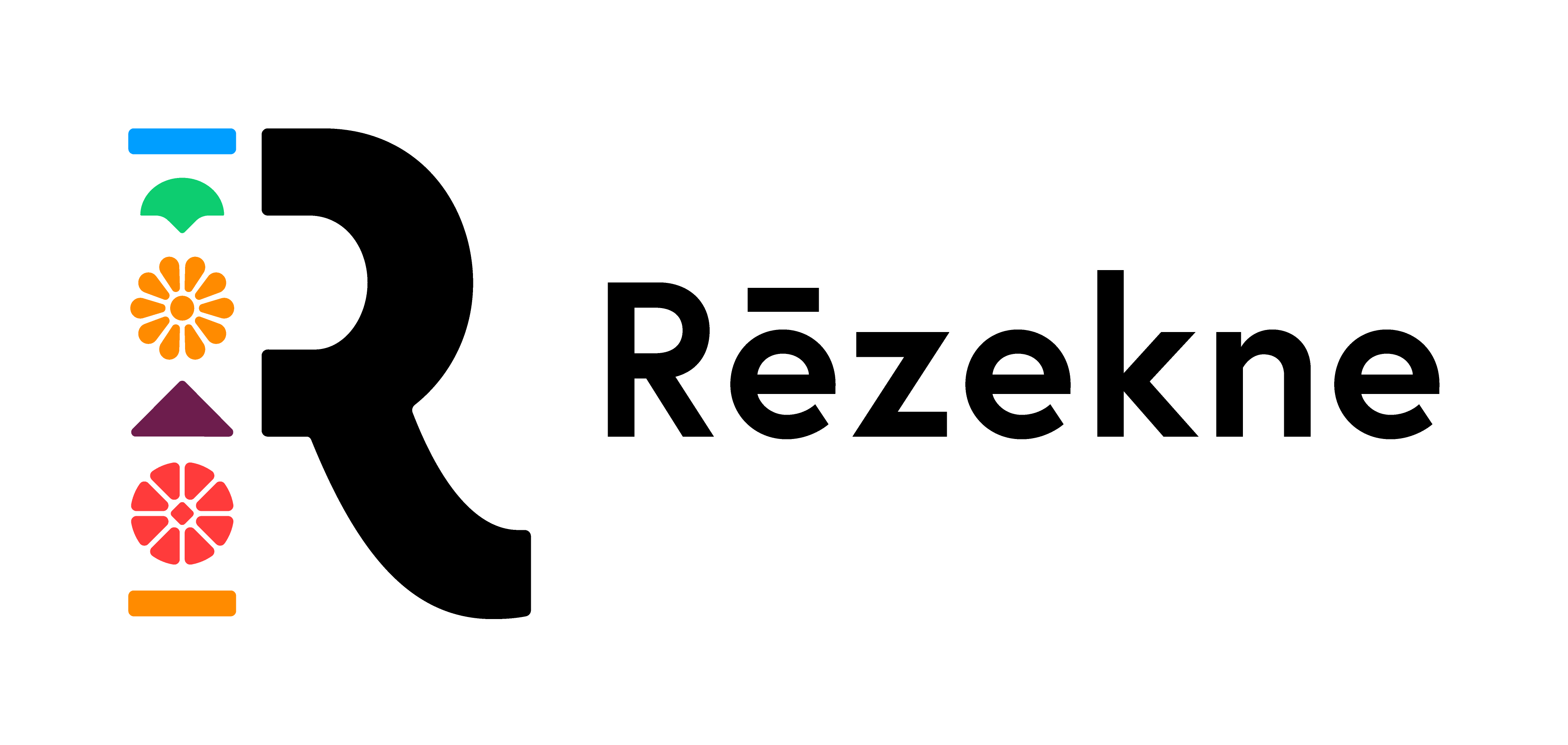
The impact of the pandemic has tested the resilience of industries and industrial areas around the world, but the dynamic and resourceful Rezekne Special Economic Zone (SEZ) is showing its grit as it continues to push forward with development, investment and innovation. For investors, Rezekne SEZ is a site of opportunity at a time of economic uncertainty.
Reason for optimism
The spread of Covid-19 has been controlled in Latvia with significant success, and the country emerged from its state of emergency in April 2021.
Lower export demand, consumer cautiousness and working restrictions have been felt here as much as anywhere, but Latvia’s GDP is set to bounce back this year and next, with expectations it will reach 3.1% in 2022, and with the largest contribution coming from private consumption and exports.
Of course, companies operating in Rezekne SEZ were not exempt from the impact of the pandemic. In a May 2021 survey of Rezekne SEZ companies, 50% of respondents reported that Covid-19 had had a negative impact on their business. The main factors that affected them were raw material supply chain delays and decreased export demand.
However, their resilience shone through. As restrictions were imposed, 75% were able to switch to remote methods of working, 33% increased their digital capabilities and 25% took the opportunity to develop new products or services. For employees, the outlook was bright, with 66% of companies having maintained or increased their number of job positions.
Now, looking forward, there is reason for optimism. In the near future, 35% of respondents expect the economic situation to improve, 42% believe that turnover will increase in the next six months, and 33% think that export indicators will improve. In terms of workforce, 92% anticipate that the number of jobs will stay the same or increase.
A supportive environment
Rezekne SEZ companies will not be alone as they forge ahead to build a better economic future. According to the European Commission framework for economic recovery in the next seven years, Latvia could access almost €12bn from the EU budget. The Commission also recently endorsed Latvia’s €1.8bn recovery and resilience plan, with 21% of that funding to be dedicated to supporting the digital transition.
During the crisis, the Latvian government offered support to companies, including downtime allowance, extension or division of tax payment terms, working capital loans, export guarantees and employment aid for tourism and exporting companies. Half of the survey respondents reported having taken advantage of this aid.
Rezekne SEZ itself provided rent reductions and measures to mitigate the effects of the pandemic. In 2020, RSEZ authority organised two project contests to support the purchase of PPE. Ten commercial companies reaped the rewards, sharing more than €49,400 of the Rezekne SEZ Business Support Fund. As well as this, since June 2020, Rezekne SEZ has also offered tax rebates for newly created workplaces within the zone, covering wage costs for new jobs for a maximum of two years.
Industry focus
As economies across the world grapple with the effects of the pandemic, a number of champion industries will stand out in their recovery. Rezekne SEZ hosts the natural resources and specialised skilled labour for these sectors to thrive.
Construction and high added value sectors like wood and biomass products, smart building materials and electronic equipment are set to lead the way. “In Rezekne, we have long lasting traditions in metal working and woodworking,” says Krista Freiberga, CEO of Rezekne SEZ. “These sectors are the most represented among the companies of Rezekne SEZ.”
The metalworking industry is highly developed and competitive, benefitting from a skilled workforce and optimal geographical location. Motor vehicle parts manufacturer SIA LEAX Rezekne RSEZ is one business taking advantage of this opportunity, having operated in Rezekne SEZ for nine years. Since 2019, the company has started producing parts for electric cars, an industry that is making huge headway today.
Rezekne also boasts 9,400 hectares of forest area, ideal for the woodworking industry. Wood pellets producer VEREMS RSEZ SIA, operating out of Rezekne SEZ, is the producer of the world’s largest large-format birch plywood and has invested more than €60m in development since 2000, making it one of the largest employers in the Latgale region.
With the shift to digital having been accelerated by the demand for contactless and virtual interactions, ICT is one of the fastest growing sectors. In Rezekne, ICT companies are in the ideal position to receive skilled graduates from the Rezekne Academy of Technology, where more than 1,700 students are involved in academic and professional study programs. Business system developer SIA Midis RSEZ has been operating for 10 years and has ambitions plans to expand its scope in RSEZ, employing 30 new IT specialists by 2024 and investing more than €1m.
A brighter future
In a time of economic uncertainty and potential, Rezekne SEZ has its eyes firmly on the future. Its administration understands the importance of adapting its strategic focus, collaborating with investment promotion agencies and fostering innovation.
Numerous development projects are ongoing, which will continue to provide new opportunities. The reconstruction of Rigas street starting this year will return to circulation 2.2 hectares of abandoned brownfields, create 92 jobs and attract €10m of private investment. A nearly €7m construction project at Vilakas Street will build an industrial complex area of 6,784m2.
These developments are part of Rezekne SEZ’s progressive and ambitious mindset. As markets around the world falter and struggle with the ramifications of the pandemic, there is enormous opportunity to be identified in Rezekne, which promises to not just survive but to thrive.
To find out more, download the whitepaper above.





